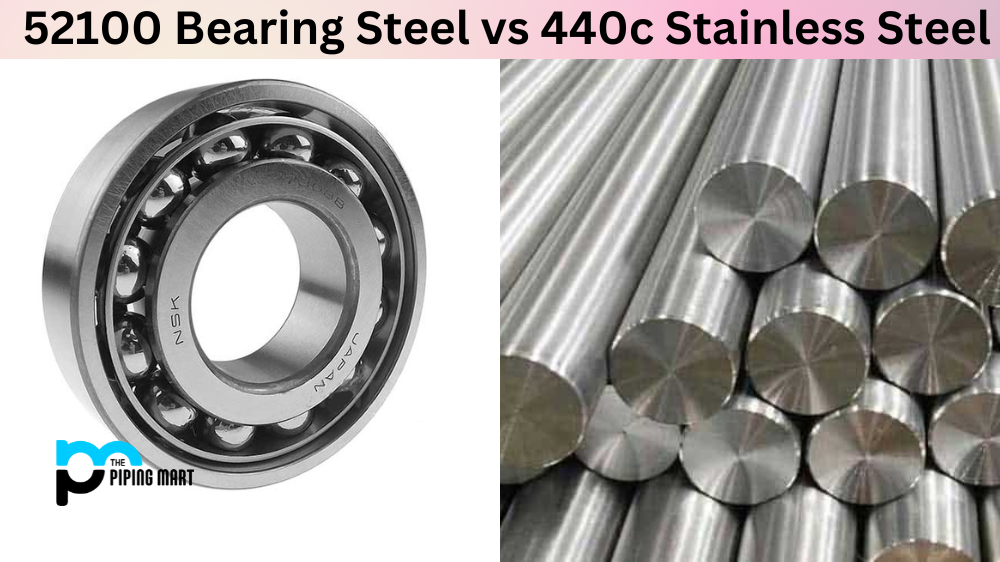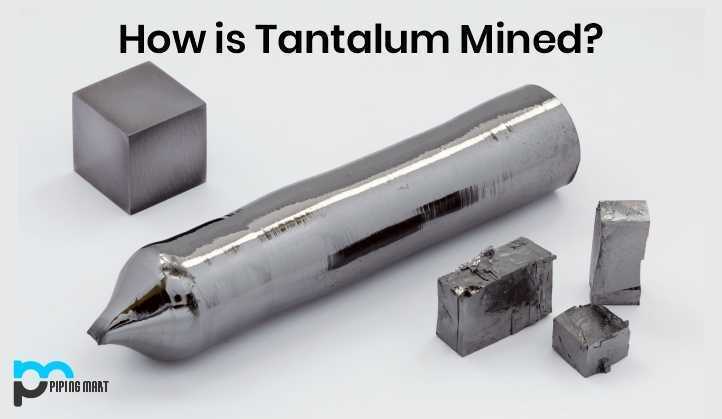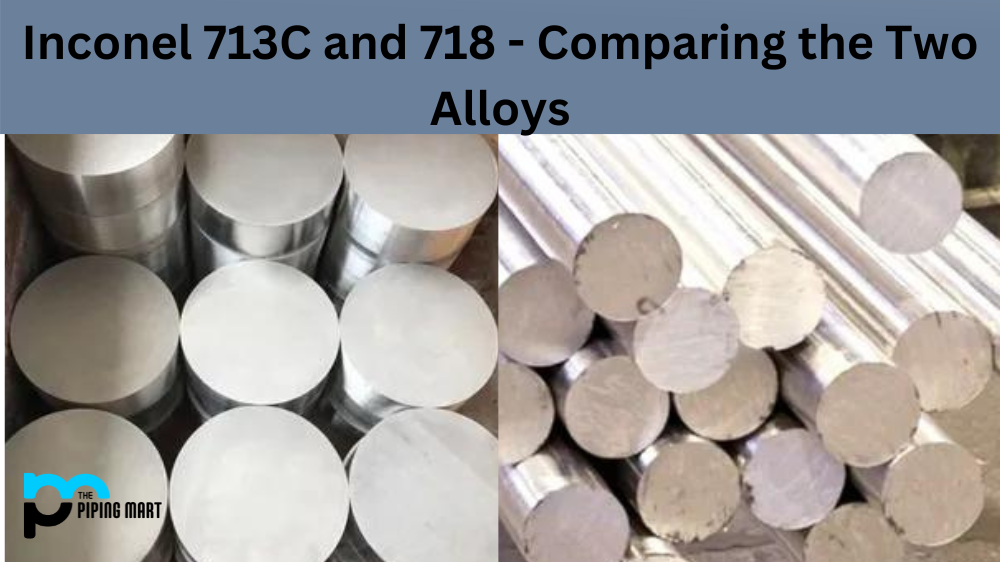If you’re considering renovating the windows in your home, you may be overwhelmed by all the options available. From materials such as wood, aluminum, and PVC to styles like casement, double hung, and awning, there are many decisions to make when replacing your windows. This blog post will focus on two popular window materials—PVC and aluminium—and examine their pros and cons.
PVC
PVC stands for polyvinyl chloride, a type of plastic that is becoming increasingly popular among homeowners due to its low maintenance costs and energy efficiency. PVC is generally more affordable than other types of material because it requires less installation labour. Additionally, since they are made with synthetic material, they do not need to be painted or stained and can withstand harsh weather conditions without cracking or warping. However, one downside of PVC windows is that they are less durable than some other materials; over time, they may become brittle or faded if exposed to direct sunlight or extreme temperatures.
Aluminium
Aluminum metal offers many advantages for homeowners looking for a sturdy frame material that can stand up against harsh weather conditions. Aluminium doesn’t require painting or staining; however, it has an industrial look that some people may find unappealing. Additionally, aluminum is highly durable; it won’t rust or corrode over time like some other metals such as steel can. However, one downside of aluminium windows is their cost; they tend to be more expensive than other materials due to their strength and durability. Additionally, aluminum doesn’t offer the same level of insulation as PVC or wood frames; homeowners may experience higher energy bills in the long run if these types of frames are used in their homes.
Difference Between PVC vs Aluminium Metal
PVC and aluminium metal are two popular materials used in a variety of applications thanks to their advantages, but they are quite different from one another. Aluminium is a lightweight yet durable metal, making it great for applications that require the material to hold up against shock or regular wear and tear. Meanwhile, PVC stands for polyvinyl chloride and is known for being highly cost effective and versatile; it is often used in plumbing or irrigation systems when corrosion resistance is necessary. Ultimately, both materials have their own unique properties that make them valuable for specific uses.
Composition
PVC is made of polyvinyl chloride, a synthetic plastic polymer, while aluminum is a metal composed of aluminum oxide and other metals.
Strength
PVC is strong and durable, but aluminum is even stronger.
Weight
PVC is a lightweight material, while aluminum is heavier.
Cost
PVC is less expensive than aluminum.
Uses
PVC is commonly used in plumbing and electrical applications, while aluminum is used in construction and packaging.
Conclusion:
When selecting the material for your home renovation project, there are many factors to consider, such as cost, durability, aesthetics and energy efficiency. Consider researching PVC and aluminium frames before deciding what material will work best for your home renovation project. Both materials offer unique benefits, but it comes down to personal preference when determining which will work best for your needs! Ultimately, no matter which option you choose for your home renovation project – PVC or aluminum – you’ll be investing in improving the value and comfort of your home!

Meet Bhavesh, a seasoned blogger with a wealth of knowledge and experience. From metal products manufacturing to retail, Bhavesh has a diverse background in various industries and is dedicated to sharing his insights and expertise with readers.




